|
I am back from my Nebraskan odyssey. There's still lots to think about and write about. In fact, while I was there I managed to complete the NaNoWriMo challenge for the first time ever and now had the beginnings of a novel. (Bucket list item for retirement!) One reason I was eager to get home was the opening day of Dear Zindagi, the long-awaited Gauri Shinde film starring Alia Bhatt with Shah Rukh Khan in an extended cameo. For the life of me, I don't know why it's called a cameo; he and Alia dominate the movie. But he never interacts with any of the other characters; maybe that's it. This shows what a newbie I still am. But I do have opinions! For a more informed opinion, check out the "no spoiler" review by my very favorite blogger, Margaret Redlich. This is director Gauri Shinde's second film, after the critically-acclaimed English/Vinglish. I only got around to watching English/Vinglish a couple of weeks ago, and it really whetted my appetite for seeing Dear Zindagi. I saw the first day, first showing at my closest multiplex, along with two other middle-aged white ladies. I was expecting a nice light entertainment with enough Shah Rukh to warm me up on a chilly November day and also pick up my spirits (badly needed after the bruising, negative election season, which still doesn't seem over.). Dear Zindagi (Dear Life) is so much more! Alia Bhatt is superb as the hard-working, talented cinematographer whose personal life is a disaster. Instead of the old message -- all you need is the right guy -- Gauri Shinde has delivered a fresh story for the 21st century. Shah Rukh Khan hits all the right notes as her therapist, without overshadowing Bhatt with his star power. The rest of the cast is a wonderful, complex ensemble of friends, family, and failed relationships. The messages about gender are so positive, powerful, so progressive, and so amiably portrayed that they are (we can only hope) irresistible. The first one that stands out for me is the gay friend, who is just a nebbishy guy, not a stereotype. That short conversation about his therapist is pure gold. The men aren’t caddish, chauvinist dudes; they are three-dimensional representatives of their respective generations, from the old school uncle to the little brother — who is an absolute charmer. The only exception is her therapist, Jug (SRK), who breaks the mold for male behavior for men of his age — the uncle and the father — in the same way that he blazed a trail for younger men (actually those men, when they were young) in DDLJ. So much to love. I love the ensemble feel of the actors playing her family and friends. I love the message about mental health. I love Alia’s performance!!! I love how I felt at the end. I tried to remember the last time a movie was so entertaining, so emotionally complex, and still so happy at the end, and the one that popped into my head was An Unmarried Woman (1978), my favorite women’s liberation era film. I am definitely seeing this one again. This is an Indian film that will win hearts globally, because the challenges in Kaira’s life are so universal.
3 Comments
There once was a girl from North Platte,
Now some folks might wonder, where's that? West central Nebraska, Two days from Alaska. But it's also right under my hat. I wrote in more general terms in an earlier post. So what about me and my politics? Would I have turned out liberal? How liberal? And if I had, where would I belong in North Platte? Would I have turned out liberal? How liberal?This is just a guess, but I imagine I would still have grown up to be a liberal, just perhaps not quite as liberal as I am. This begs for elaboration and details. How liberal am I? When I took the various political assessment quizzes that proliferated on Facebook in the last year, I usually scored in the 90's on my agreement with both Hillary Clinton and Bernie Sanders.
Because this is likely to be a long post, it's going to arrive on the installment plan. It could be the result of a long drive (including a 40 MPH, single file stretch between Ogallala and the Colorado border decorated with four jackknifed semis). Or it could be that it's a stew that has been simmering for the last three or four weeks. Buckle up. Weeks before I left, I joined a Facebook group called "You know you are from North Platte when ...", at the suggestion of someone from the local paper. It was a good way to make advance connections and arrangements, even though most of the people who post appear to be from North Platte, not in North Platte. For the most part, it's a stroll down memory lane; people post questions or old pictures and people wax nostalgic. Then this happened: And finally, a new post in the group. It strikes me that if anything belongs in a Facebook group called "You know you are from North Platte when...", it's a political discussion that gets smothered at birth. In nearly four weeks, at the climax of the most controversial and widely-discussed election of my lifetime, not once did I hear a actual conversation among people with different political views. Now this is just my informal coffee shop observation, and I am comparing North Platte with my world back in Washington, DC, where political discussions take the place of sports talk in our social gatherings.
There's been a fair amount of analysis lately about "bubbles" and "red feeds and blue feeds", which focus on social media as an engine of division. But I am not so sure. This was the culture in North Platte -- and probably other similar communities, as well -- long before Facebook. This brings me to the heart of my original question, "Who would I be if I had grown up in North Platte?" Stay tuned. It had to end. The journey that started on October 25 with a flight from DC to Denver ends tomorrow with a return flight. Today I drive the four hours from North Platte to Denver. I am at the Espresso Shop, sitting on an arm chair in the "living room" instead of in my "office". I am biding my time and watching the forecast, because it snowed about 4" last night and the wind has picked up and is reportedly driving the snow across the iInterstate. But I should be out of here within 30 minutes, because I don't know how long the drive will take. The best thing about the drive is it will give me time to mentally draft my next post. Or posts. Here's a teensy preview: Being a visitor has its advantages. I could engage in polite conversation about politics with complete strangers. We could talk about bullying, about my concerns for the safety of my students, friends and colleagues, and hope they could understand, or even empathize. I could voice my objection to propaganda and bad journalism, and even use specific examples. Only once did the discussion edge toward "crooked Hilllary" territory, and I head it off by sharing a specific debunked example of fake news. But the main reason it stayed polite is my own restraint. Was it out of fear or courtesy? Or was my courtesy motivated by fear, not of physical harm, but social ostracism? There's a lot of that kind of fear in this small, friendly town. People need to be able to depend on each other, and anything that threatens to fray that relational safety net is to be avoided. So rather than speak from their hearts, people bite their tongues, if they are in the political minority. The majority can then find it easy to (1) assume everone is on their side, and to (2) imagine the political opposition as crazy, stupid, "others". North Platte has a very large political "closet". Would I be insid of it, or out?
Something to think about on the long drive to Denver. My parents had a mixed marriage; Mom was a Republican, Dad was a Democrat. Now mind you, in the 1950s, that didn't mean much. The first President I remember was Eisenhower, and he would be considered a RINO by today's GOP base. My mom's family was decidedly Republican, as were many German Lutherans in the Midwest. My mom had little use for Catholics and Jews, but of course that was expressed in the nicest midwestern way ("not our kind", and a tendency to point out which Hollywood stars were Jewish, even when the information was a complete non sequitur). When she moved to Maryland in the 1980s, she had several Black friends; I know, because she never failed to identify them as "my Black friend so-and-so." My dad, raised below the Mason-Dixon line in southern New Jersey, had grown up in a small town that sanctioned interracial friendships but not interracial dating or marriage. He idolized Satchel Paige, Louis Armstrong, and Lionel Hampton, but he also laughed at Amos and Andy and told racist jokes. I have seen a picture of him in blackface for a minstrel show in Port Norris. But his dad trained young Black men as typesetters and printers and sold his print shop to one of them when he retired, to the disapproval of his wife and many of his neighbors. So, like many white Americans, my personal history with race and racism is complicated. So is the racial history of North Platte. I am a huge fan of Ta-Nehisi Coates, and his take on the social construction of race. In Between the World and Me, he uses the phrase "people who call themselves white", which underscores the historical fact that many groups who are now considered white were once not considered part of that privileged and protected group. (And, I might point out, the legal and social history of those privileges and protections, from personhood to public accommodation, to voting rights.) This is how complicated it was in 1920. The local census enumerator, Mary Durbin, had a bit of trouble assigning racial categories to two particular groups: Mexicans and Greeks. Compare these entries: Over the forty or so pages of Mrs. Durban's enumeration, the Greeks became White and the Mexicans became Other. That is how slippery a thing this thing called "race" is. And what about me, in 2016? I call myself White; my ancestors came from Germany, England, Ireland, Scotland, and -- surprisingly -- Sweden and Italy. I, too laughed at Amos and Andy and listened to Louis Armstrong. I danced to the Temptations, and read Uncle Remus stories. I sang "My Old Kentucky Home" and "Old Black Joe" in school choir. I also voted for Barack Obama (twice) and follow Charles Blow, Joy Reid, and Van Jones on Facebook and Twitter. I think reparations need to be part of any discussion about racial reconciliation. We need to be as familiar with our nation's white supremacist past as with the civil rights movements that have struggled against it. We need to know white supremacy when we see it, whether in everyday interactions or national news. Would my views of race and racism would be the same if I had lived my whole life in North Platte? I would like to believe the answer would be "yes", but in my heart of hearts I know that is unlikely. The harder question to answer is how much of the racism I learned long ago still lingers in me.
It is official; with fewer than two work days left in North Platte, the number of projects has multiplied to the point that my "rabbit hole" metaphor no longer applies. Clearly, it more closely resembles the underground maze of the native rodent, the black-tailed prairie dog. Yesterday, I went looking for more information about the "Unitarian Church" shown on an 1875 photograph in the public library, and found myself in the "abandoned room". It is an interesting, rather sad story, of Mrs. E. J. Cogswell, a widow from Lexington, Massachusetts, who somehow decided to move to North Platte in 1868, when she was about fifty years old. In her nearly thirty years here on the High Plains, she established a Sunday school (in those days a means of providing working children with an education), raised funds for and built a hall used for Unitarian services and public entertainment, and taught music and singing. In the mid-1890's in her late 70s, she returned to Lexington, where she died two years later. I am still looking for more information about her life and activities in North Platte, as she seems like a strangely kindred soul. Here is what I have been able to find so far: Her name was Emily Johnson. She married William Cogswell when she was in her early thirties, and was a childless widow by the time she was forty. From North Platte and It's Associations (1910) by A. R. Adamson: It is worthy of remark that the first Sunday School in North Platte was held in the log school house. The late Mrs. E. J. Cogswell of blessed memory, came to North Platte in 1868 intent upon missionary work. She was a Unitarian, but no sectarian, and willingly co-operated with people of all shades of belief for the moral good of the community. Near the close of that year, aided by Mr. M. C. Keith, Mrs. A. J. Miller and Mrs. Kramph, she had the school room arranged for the reception of scholars to form a Sunday School class, but to the vexation of these excellent women, only three children attended. Mrs. Cogswell, however, was not easily discouraged, and visiting every family in town, in which there were children, she solicited their attendance and was rewarded by having quite a number of scholars. This school was organized as Union Sunday School, and continued for many years. The author of this book, A. R. Adamson, is the same Archibald R. Adamson mentioned in this story. So back into the prairie dog town I go, looking for Archibald and Emily.
My wanderings here in North Platte have taken me back to the microfilm machine at the library, and the 1929 North Platte Evening Telegraph. Long ago, I had stumbled across a news article in the New York Times about a "race riot" in North Platte. I was researching something else, and this was when photocopy machines were uncommon, even at the Library of Congress, so I didn't save the story, or even take notes. But I remembered. And as the Internet expanded, I would try to find more information from time to time. Here is what you'll find today about the incident. On Saturday morning July 13, 1929, in North Platte, a white police officer was shot and killed by a Negro he was trying to arrest. The slain officer was Edward Green, a well-known former acting chief of police, and one-time professional baseball player. The black man was Louis (Slim) Seeman, operator of the Humming Bird Inn, a chicken-dinner lunchroom located in his home on West 7th Street. Shortly afterward Seeman, too, was dead, either by his own hand or as result of police gunfire. Following the shooting deaths, a small group of whites threatened the city's black citizens, most of whom had fled by late afternoon. If you read the whole article, you see that it's a very complicated story. The news reports were eventually found to have exaggerated, adding lurid detail, increasing the Black population of North Platte from around 30 to 200, and describing nonexistent babies nearly drowning as they escaped in a rain storm that never happened. But there are also bits of truth. There was a small group of men who circulated among the Black community and warned the residents to get out of town by 3 pm. There was a Ku Klux Klan presence in the town at the time. The men accused of chasing the Black people away were tried, and all were acquitted. The entire incident is still blamed on the Black people; an acquaintance told me last week he had heard about the story, but that "there was a lot of prostitution and crime in that neighborhood". The claim that Seeman shot the officer and himself with the same sawed-off shotgun is contradicted by the autopsy. So what matters? Is it a happy ending that it wasn't a race riot, after all?
So now that I have recapped my experiences visiting my home church in North Platte, let's go deeper and answer the question, "Would I still be a Lutheran if I had not moved away". It's quite possible I would still belong to First Evangelical Lutheran Church. After all, I am the person who posts the same thing at the beginning of Lent every year: I want to give up inertia for Lent, but I can't get started. I joined the Unitarian Universalist Church of Silver Spring in the fall of 1982, and am still a member, despite ministerial crises and all the usual nonsense that goes on in any organized religious community. But it's still my community, and the longer I stay the harder is it to leave, because my social life is firmly rooted there. I can't even contemplate retiring elsewhere because it would mean leaving nearly all of my friends, and I have already done that enough times for one lifetime. So if I still lived in North Platte, I might be one of the gray-haired ladies who are holding the congregation together, even as two more Lutheran churches opened in town. And even though the Episcopalians and the Presbyterians are (reportedly) more liberal. But I would probably not be theologically Lutheran, and here's why: See the little angel on the right, looking up at the tin-foil covered toilet plunger? That's four-year-old-me. There are three photos of this Christmas pageant from 1953, and in every single one I am peering at something, instead of being a good little angel. In one, I am giving the photographer the side eye. In the other, I am peeking into the manger, looking at the flashlight playing the part of Baby Jesus. That was me -- like the Elephant's Child, insatiably curious. Once I learned the hard truth about Santa Claus, I also became incorrigiably skeptical. We had family "devotions" every night as long as we lived in North Platte, complete with a reading from scripture and a story from our Bible storybook. But I also read Grimm's Fairy Tales, Edith Hamilton's Mythology, Mary Poppins, and lots of Dr. Seuss. When I moved to New Jersey, two things happened that set me on the path to Unitarian Universalism, even though it would be another 35 years before I walked into a UU church. The first was a sixth grade unit on ancient Egypt. The teacher was describing the Egyptian belief that after death their souls (located in their preserved heart) would be weighed/judged by the gods. The rest of the class laughed. I thought, "What if they were right?" The second thing happened my first year of confirmation class at Zion Lutheran Church, in Westwood, New Jersey. The Eichmann trial was in the news, and it was the first time I had ever heard of the Holocaust. Don't be shocked; I am half German on my mother's side and we did Not Mention the War. But images of the Holocaust were in Life magazine, which arrived in our house every week. I had Jewish classmates and friends, including my Girl Scout leader and most of the girls in our troop. The lesson in confirmation class that week was the core Lutheran doctrine of justification by faith. As the sweet, elderly German pastor explained, that meant that the only path to salvation was belief in Jesus as the Messiah. Everyone else was going to Hell. "Even the Jewish babies?" I asked, thinking of the horrific photos in Life. And Pastor Jacob shrugged and said "I'm sorry". At that moment I became a Universalist. So, assuming I would have encountered the same challenges to my faith in North Platte (except for the Jewish friends part), where would that lead me? in my alternative history of myself, I would take my skeptical, curious self to the University of Nebraska in Lincoln, and one of two things would happen. The first possibility is that I would discover Unitarian Universalism and find a home, as I finally did in 1982. The second is that I would go to my father's alma mater in my birthplace in Fremont, Nebraska, major in religion and follow in Elizabeth Platz's footsteps and become a Lutheran minister. After all, I do come from a line of pastors. Maybe the Reformation was not the end of Revelation.
When I lived in North Platte, I was a Lutheran-in-training. My maternal grandfather and great-grandfather were both Lutheran pastors, and my dad was a mostly unchurched sociable tenor, so attending First Evangelical Lutheran Church on the corner of 5th Street and Sycamore was not exactly a huge decision. Dad sang in the choir -- he sang "O Holy Night" at the Christmas Eve services, and I would give anything to have a recording of his beautiful voice. Mom's circle of friends was drawn from the church, and until I started school, so was mine. Church picnics in Cody Park, Vacation Bible School, covered dish suppers in the fellowship hall, Cherub Choir -- First Lutheran was a huge part of my life in North Platte. It was absolutely amazing to me that the building had hardly changed in nearly sixty years. My initial plan was to go there just once, on the first Sunday, and then visit other churches in town. Instead, I ended up going there a total of five times. The first time I met the office, took pictures, and ended up buying a ticket to the upcoming Harvest Dinner. A gal's gotta eat, after all. That put me in touch with some helpful local connections.Then I attended the Reformation Sunday service, which started me thinking about Martin Luther, me, and ongoing revelation. The next Sunday was All Souls -- something that was not observed back in my day (maybe too Catholic?). Since my home church was observing Samhain that very day, how could I not go back to First Lutheran for comparison? So for my last Sunday in North Platte, the only possible place for me was First Evangelical Lutheran. and what a perfect choice it was for me, right at that moment. The regular Pastor was in Minnesota for the christening of a new grandchild, and in his place was Rev. Rachel Ziese Hacker, campus pastor at University of Nebraska, Kearney. According to her UNK profile, Pastor Rachel is "a former magician, passionate sci-fi fanatic, and book nerd. She attended Texas Lutheran University (‘04) and Yale Divinity School (’07). She is an early church history geek who voluntarily took seven years of ancient Greek, instead of the two required. She is the Lutheran version of Rev. Elizabeth Lerner Maclay, my own early church history geek minister, with her Harvard Divinity School education. She is also in the latest generation of young women to follow in the footsteps of Elizabeth Platz, the first woman ordained in what is now the ELCA, and recently retired Lutheran chaplain at the University of Maryland. What a convergence! Pastor Rachel did not follow the common lectionary used by the major Christian denominations, because, as a campus pastor, the academic calendar and the liturgical calendar don't jibe. (No Christmas on campus, for one thing.) So her first reading was Isaiah 1:10-18, which closes with the "correct the oppressor" verses. 16 Wash and make yourselves clean. She followed up with a very scholarly reading of the story of Zacchaeus from Luke 19. And then she dove into the original vernacular Greek and a little Roman history that made the story much more complicated. Zacchaeus was not a corrupt man; he did not repent and change his ways. The verb tenses used in the original, and the context of the Roman occupation suggest he was trying to do his best to avoid the notice of the Romans while not screwing his neighbors. He was not "short", he was "diminished". Zacchaeus was between a rock and a hard place: his Roman overlords who could replace him with someone worse, and his distrustful neighbors who had ostracized him. He was, as Jesus said, "A son of Abraham" -- a child of God. "And that", Pastor Rachel concluded, "trumps everything". Boom. The only reference she made to the election.
|
Archives
January 2023
Categories
All
|
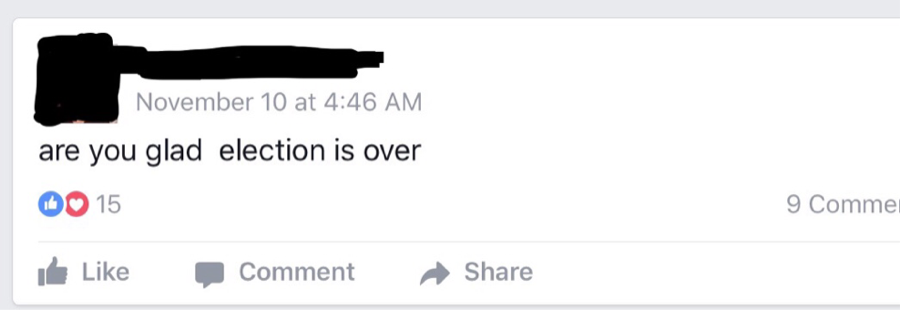
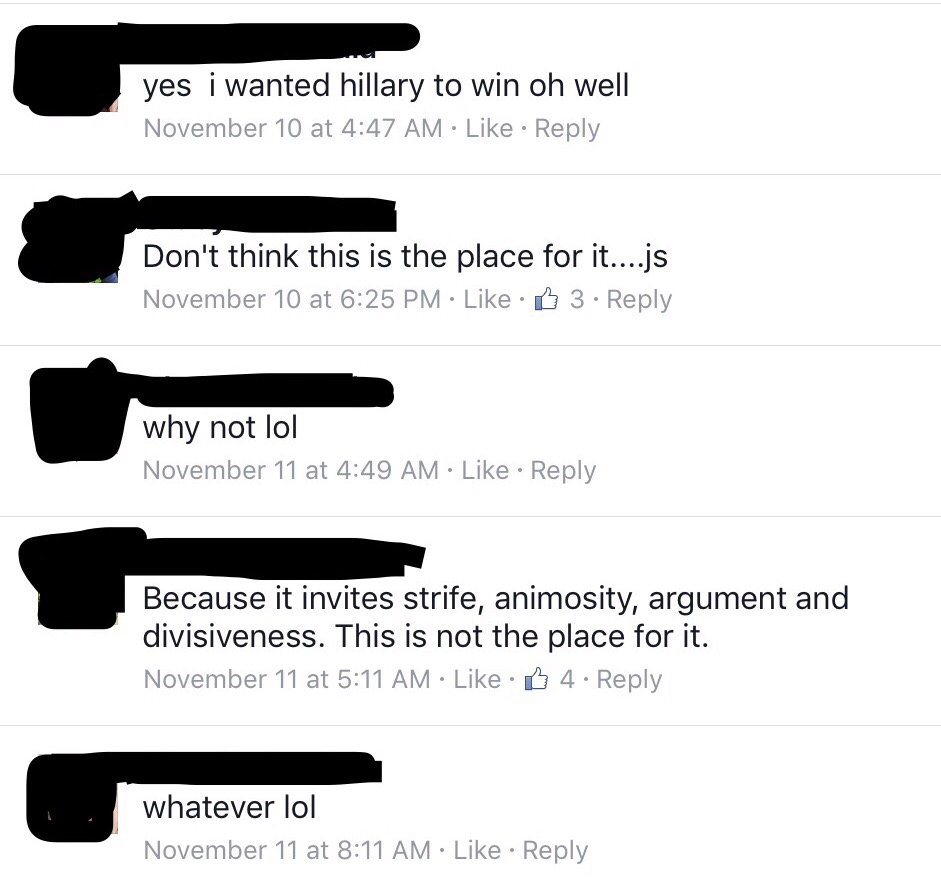
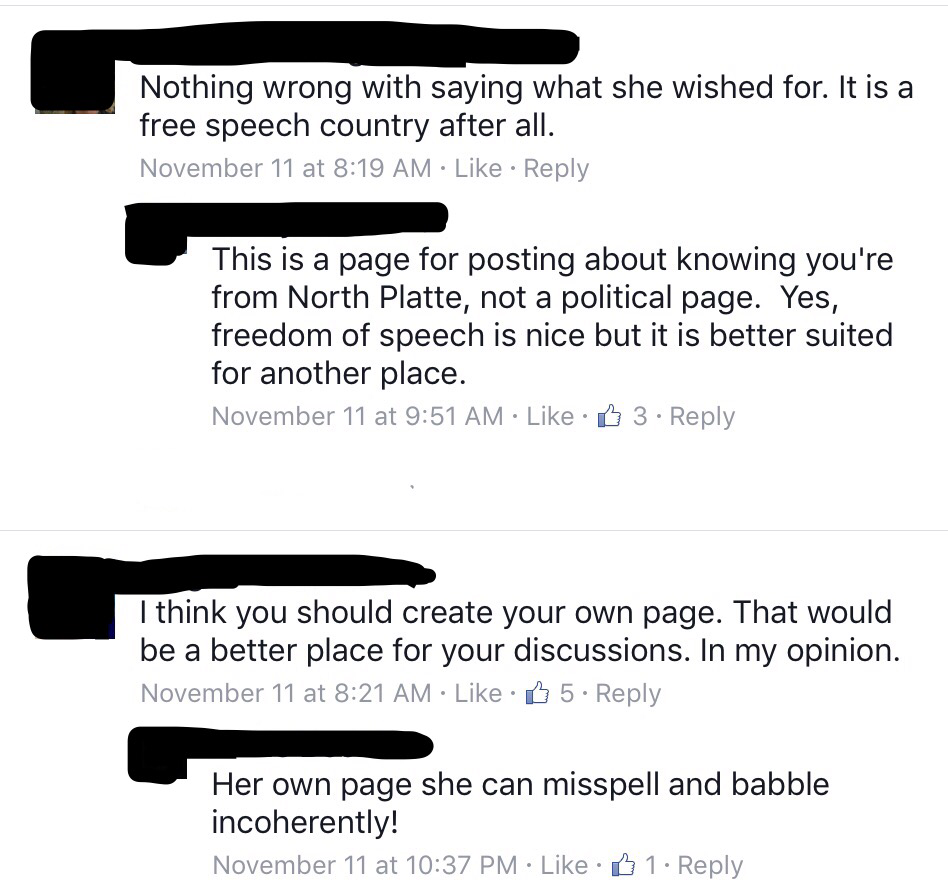

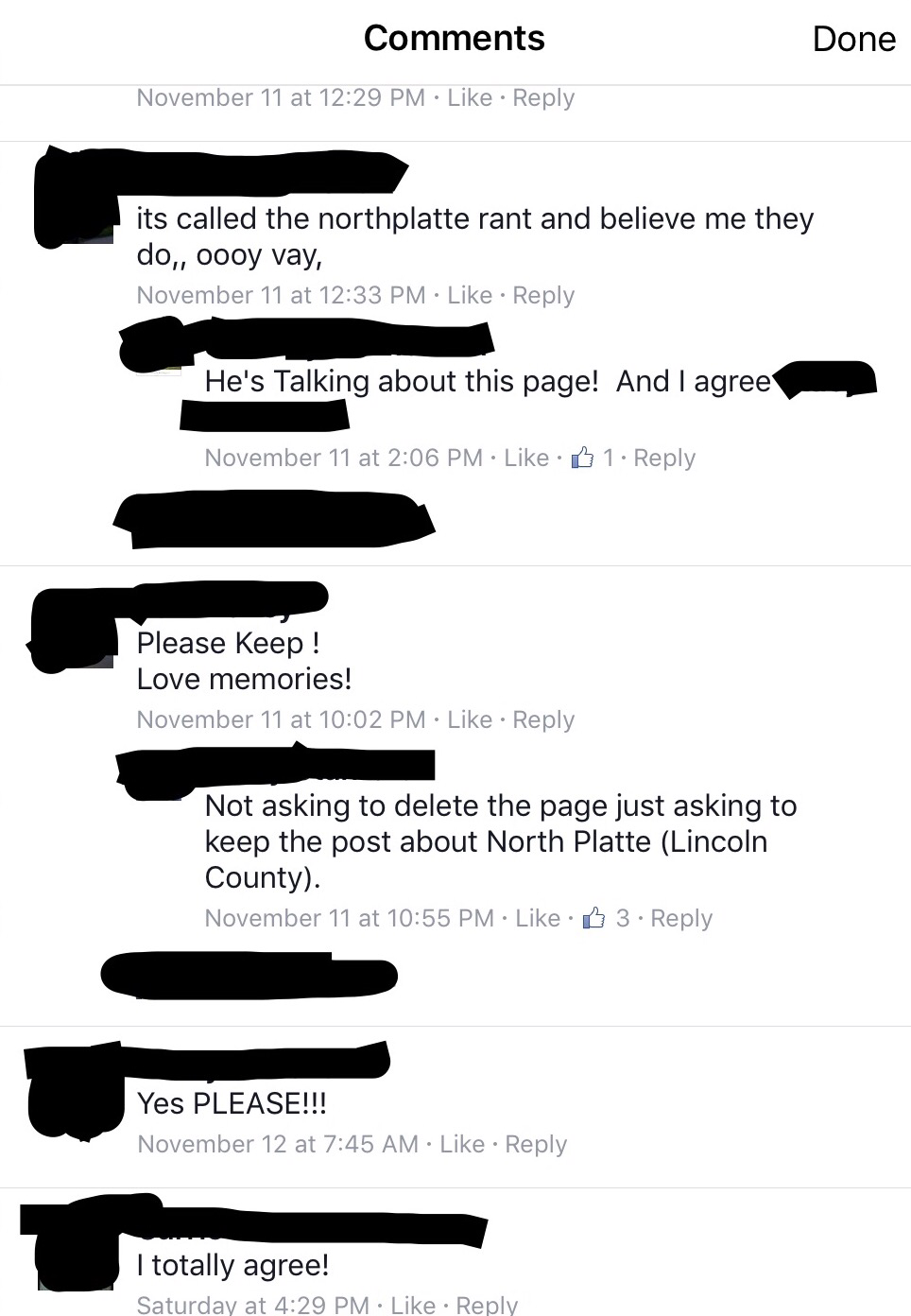
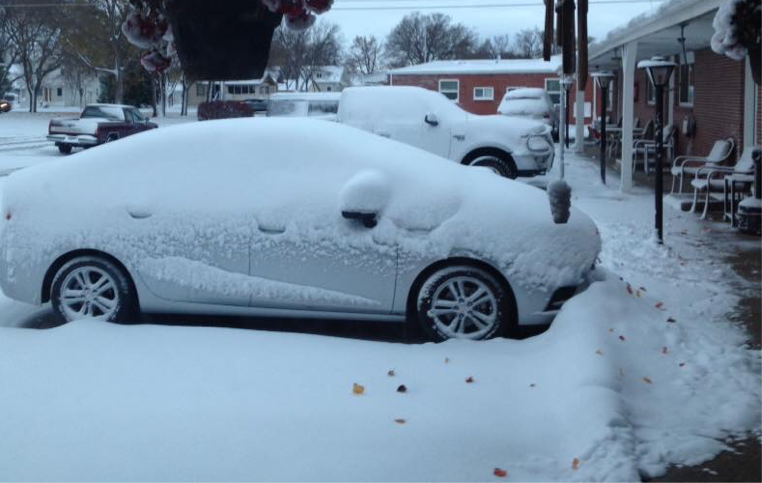

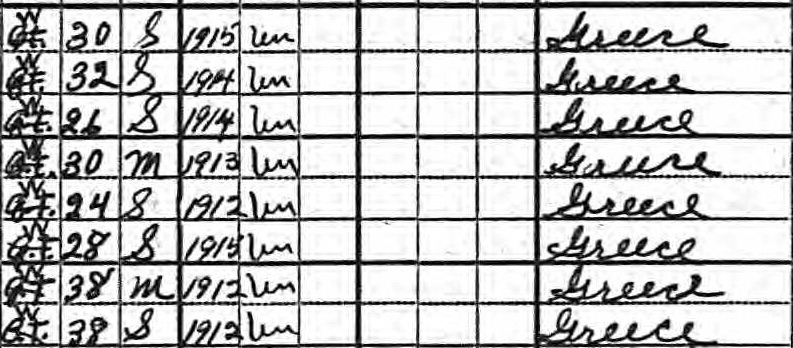
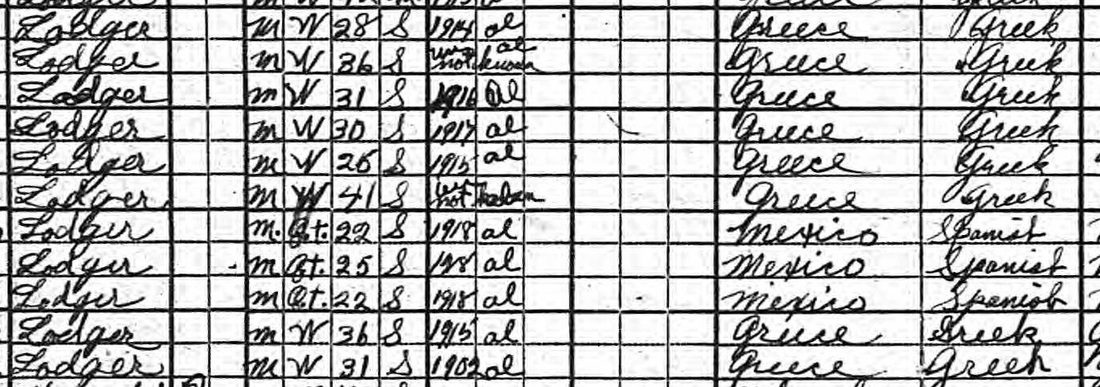
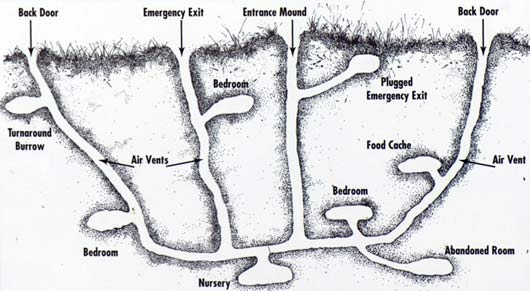
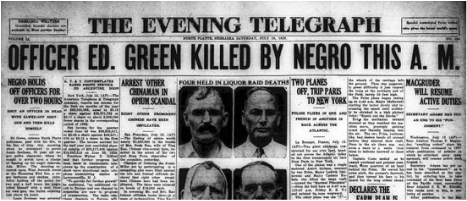
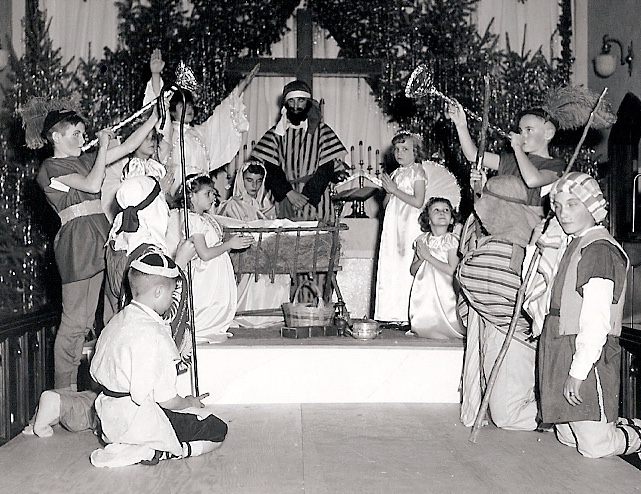
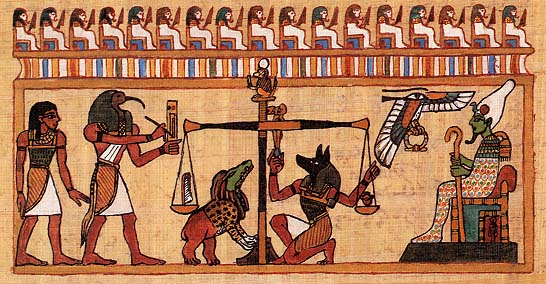
 RSS Feed
RSS Feed